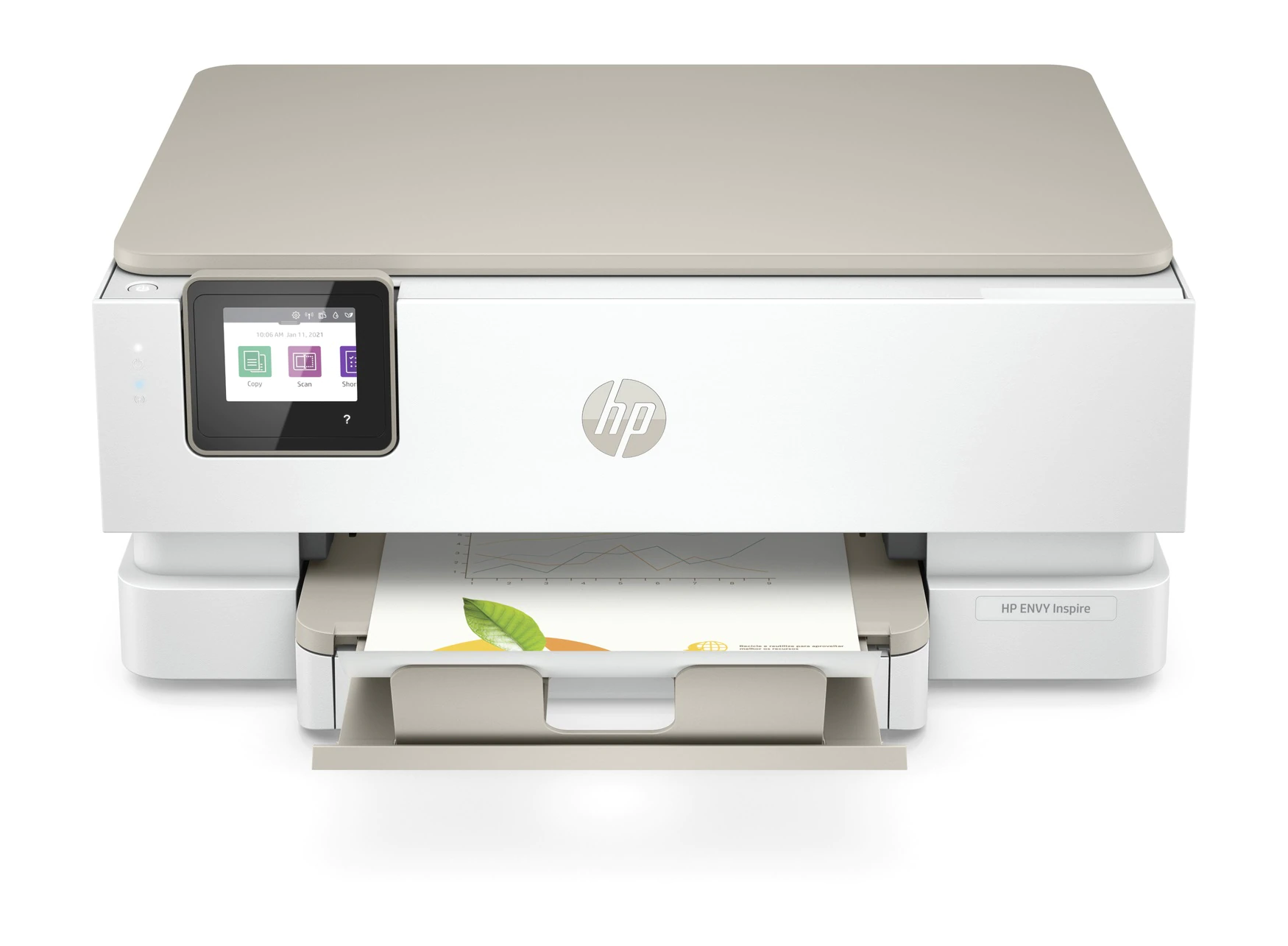Water: The Key to Sustainable Development in Ghana
Water: The Key to Sustainable Development in Ghana
Water is essential for life. It is a key resource for agriculture, industry, and domestic use. Yet, in many parts of the world, including Ghana, water is scarce. This is due to a combination of factors, including climate change, population growth, and unsustainable water use. As a result, water insecurity is a major challenge facing Ghana. Water insecurity has a number of negative impacts, including on economic growth, food security, and human health. It is also a major challenge for sustainable development. Sustainable development is a development that meets the needs of the present without compromising the ability of future generations to meet their own needs. In order to achieve sustainable development in Ghana, it is essential to address the issue of water insecurity. This can be done through a number of measures, including better water management, investment in water infrastructure, and awareness-raising. In this article, we’ll explore these measures in more detail.
The importance of water for sustainable development
Water is an essential resource for all sectors of society, including agriculture, industry, and domestic use. It is also important for the health and wellbeing of people, animals, and ecosystems. A significant proportion of Ghana’s population is engaged in agriculture. Agriculture contributes about 8% to the country’s GDP, employs about 33% of the country’s workforce, and provides about 75% of the country’s food. However, agriculture is highly water-dependent. It accounts for about 90% of water used in Ghana. Water is also essential for the health and wellbeing of Ghana’s people. It is required for sanitation, drinking, and hygiene. Water is also critical for the health of the country’s ecosystems. It provides habitats for wildlife, regulates the flow of nutrients, and contributes to biodiversity.
The challenges of water insecurity in Ghana
Water insecurity refers to a situation where people do not have access to the amount of water they need. It is characterized by high levels of stress and uncertainty, and can lead to conflict. People in Ghana do not have sufficient access to water. The country’s water supplies are limited and distributed unequally, particularly in rural areas. This is due to multiple factors, including climate change, which has led to higher temperatures and lower rainfall, and population growth, which has put more stress on water resources. Water scarcity limits the availability of water for agriculture, industry, and domestic use. This impacts negatively on the country’s economic growth and food security.
Measures to address water insecurity
There are various measures that can be taken to address water insecurity. These include: – Better water management – Investment in water infrastructure – Awareness-raising – Strengthening water governance – Building sustainable partnerships
Better water management
A number of steps can be taken to improve the management of water in Ghana. These include strengthening the capacity of water service providers, prioritizing public investment in water and sanitation, and increasing public engagement in managing water resources. Water service providers can be strengthened by decentralizing the management of water services. This can help to reduce service providers’ operational costs and improve the quality of services, particularly for poor and vulnerable households. It can also help to build trust between service providers and the communities they serve. Public investment in water and sanitation can help to improve water management and reduce water insecurity. It can also help to improve access to water for the poor. Public involvement in managing water resources is essential to promote water conservation and improve water governance.
Investment in water infrastructure
Investing in water infrastructure is another measure that can be taken to address water insecurity. This can be done through improving the country’s existing water infrastructure, expanding the supply of piped water, and introducing new water technologies. Improving the country’s existing water infrastructure can help to increase the amount of water available. Expanding the supply of piped water can help to improve access to clean water, particularly in urban areas. Introducing new water technologies can help to reduce water insecurity, particularly in rural areas.
Awareness-raising
Awareness-raising can help to improve the public’s understanding of water insecurity and to encourage them to take action to reduce the impact of water insecurity on their lives. Actions that can be taken to raise awareness include raising public awareness of the impacts of climate change on water resources, and promoting the importance of water conservation.
Strengthening water governance
Water governance refers to the systems and processes that are used to manage and distribute water resources. It can also be used to describe the ability of a country to govern its water resources. A number of steps can be taken to strengthen water governance, including strengthening coordination between ministries, improving transparency and accountability in water management, and promoting public participation in the management of water resources.
Building sustainable partnerships
In order to achieve sustainable development, it is important to build sustainable partnerships between the public and private sectors, non-governmental organizations, and civil society organizations. Such partnerships can help to increase investment in water infrastructure, improve water management, and support awareness-raising. They can also help to strengthen water governance and promote public participation in water management.
Conclusion
Water is an essential resource for all sectors of society. It is also important for the health and wellbeing of people, animals, and ecosystems. A significant proportion of Ghana’s population is engaged in agriculture, which is highly water-dependent. Water is also essential for the health and wellbeing of Ghana’s people, it is required for sanitation, drinking, and hygiene. Water is also critical for the health of the country’s ecosystems. It provides habitats for wildlife, regulates the flow of nutrients, and contributes to biodiversity. Water insecurity refers to a situation where people do not have access to the amount of water they need. It is characterized by high levels of stress and uncertainty, and can lead to conflict. People in Ghana do not have sufficient access to water. The country’s water supplies are limited and distributed unequally, particularly in rural areas. This is due to multiple factors, including climate change, which has led to higher temperatures and lower rainfall, and population growth, which has put more stress on water resources. There are various measures that can be taken to address water insecurity. These include better water management, investment in water infrastructure, and awareness-raising. These measures can help to improve the management of water in Ghana, increase investment in water infrastructure, and raise public awareness of the importance of water. They can also help to strengthen water governance and build sustainable partnerships between the public and private sectors, NGOs, and civil society organizations.








LEAVE A COMMENT
You must be logged in to post a comment.